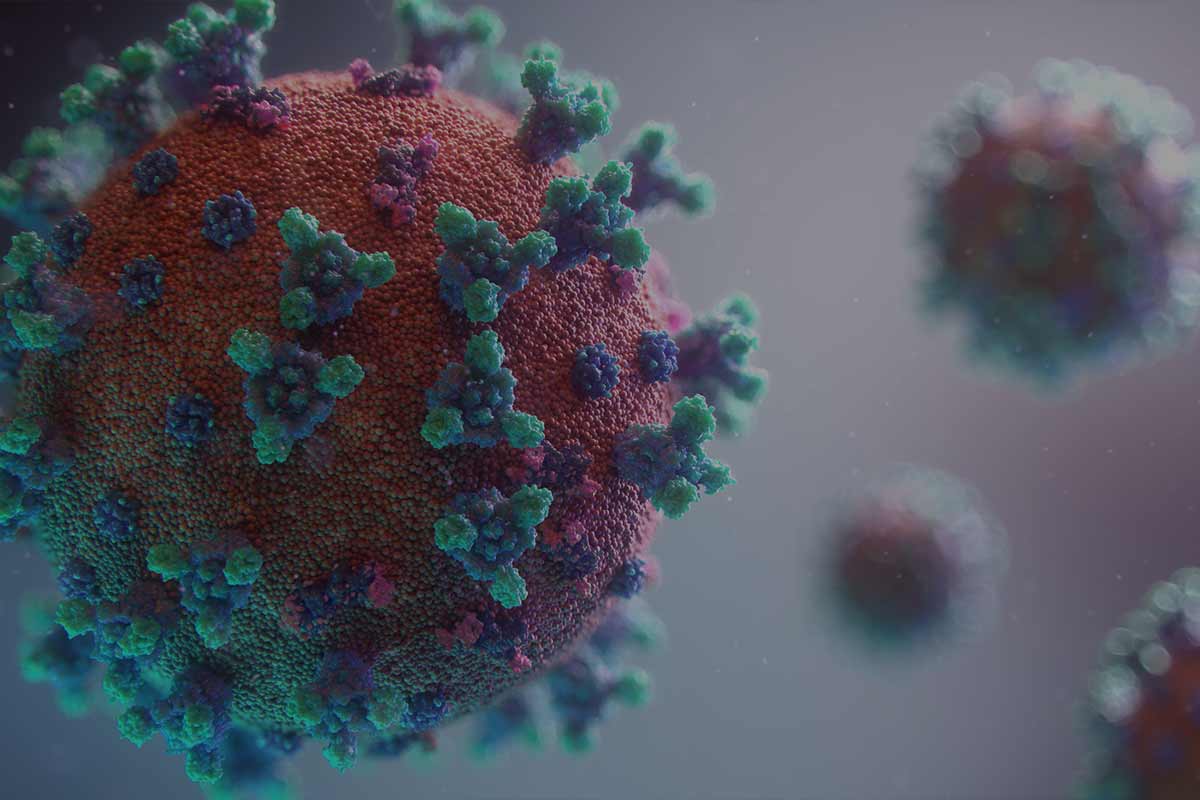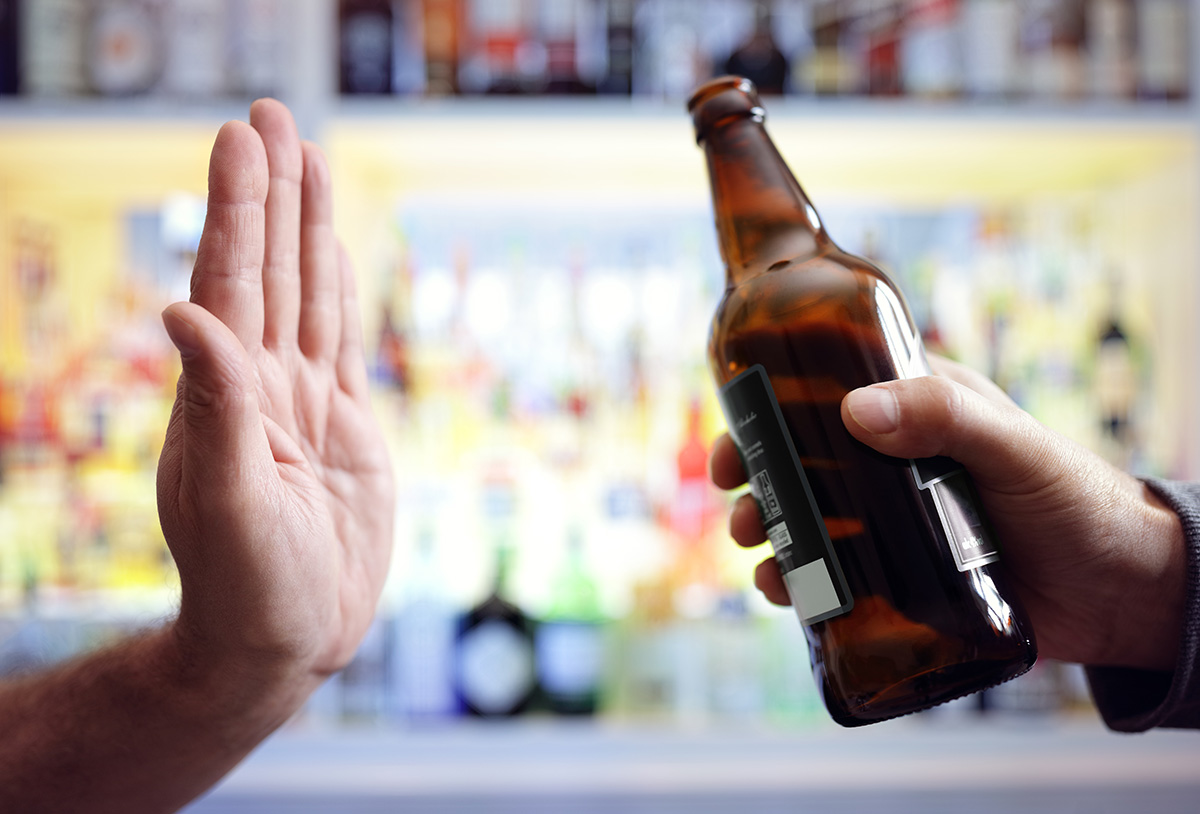

By: AndreaBergman
Are you struggling with alcohol addiction? Do you find yourself dependent on alcohol to make it through your day? Or does your loved one drink more heavily than you feel comfortable with? Is their drinking becoming an issue? If this is the case, it’s time to seek out help for alcohol abuse and addiction. When it comes to alcoholism, a common starting point is alcohol detox. Through an alcohol detox center, individuals are able to remove the substance from their system and begin their recovery journey on the right foot.
Alcohol Withdrawal and the Need for Alcohol Detox
When an individual regularly consumes alcohol, they are continuously exposing the brain to alcohol. Dependence occurs when the body needs the substance to function properly. Without alcohol, the system is unsure of how to function and the brain is forced to deal with the chemical imbalance that takes place, which leads to uncomfortable alcohol withdrawal symptoms.
While withdrawal can be different, the symptoms tend to be the same. Vomiting, headaches, anxiousness, and loss of appetite are all milder withdrawal symptoms that most people will experience. In more severe cases, individuals can experience seizures, delirium tremens, and hallucinations. Alcohol detox through a professional detox center will help to keep the individual safe as they experience these symptoms.
Through a professional alcohol detox program, team members are able to monitor the health and progress of each individual, keeping them safe during the entire process. This can help manage cravings as well, which is crucial in order for individuals to focus on the rest of their addiction treatment plan.
Understanding the Types of Addiction Treatment
When it comes to alcohol detox, there are different options for care both during detox and then after this first step. With so many options for care throughout a treatment journey, it’s important to understand the differences in order to make educated decisions regarding your care or the care of a loved one.
- Residential addiction treatment– Residential or inpatient programs allow clients to remain at the facility during the program. These tend to range between 30 to 90 days, depending on the facility. During this time, individuals participate in scheduled days that include therapies, meetings, and other activities that aid in recovery.
- Intensive outpatient addiction treatment– An IOP can act as a step-down method for those completing a residential program or it can be a starting point for anyone unable to spend prolonged periods of time away from home. These days are just as structured as a residential program, but it allows individuals to return home at the end of the day.
- Outpatient addiction treatment- An outpatient program begins to grant more freedom to those in treatment. Days aren’t as scheduled and include more free time than previous programs. During this time, individuals are getting used to being home more and incorporating methods they’ve used in treatment within their daily life.
- Aftercare treatment– Recovery is a never-ending journey that requires ongoing support. An aftercare program provides this level of support for those reaching the end of their addiction treatment plan.
Alcohol Detox at Lakeview Health
Lakeview Health is here to provide the necessary detox and treatment options for those seeking to break free from their alcohol addiction. By offering a full continuum of care, we help our clients work through comprehensive treatment plans that make recovery possible. From detox to relapse prevention planning, Lakeview Health is here to help.
To learn more about alcohol detox and treatment, contact Lakeview Health today by calling [Direct].
Lakeview Health strives to keep our clients and staff safe during the current COVID-19 pandemic. Learn about new guidelines and updates today.
We currently accept Aetna, Cigna, and United Healthcare. We do not currently accept Medicare, Medicaid, or Florida Blue.





